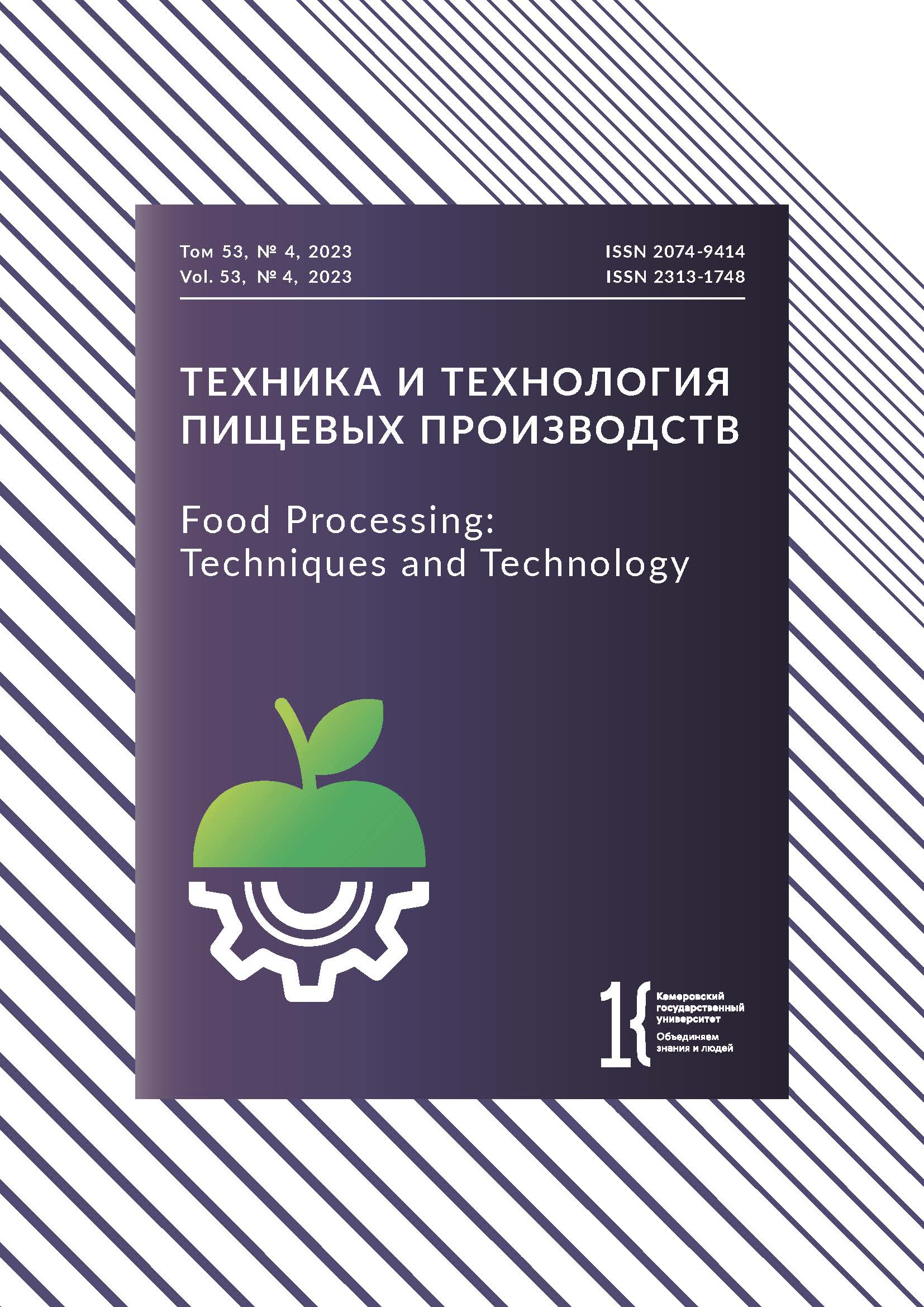Kemerovo, Russian Federation
Krasnoobsk, Russian Federation
Kemerovo, Kemerovo, Russian Federation
Kemerovo, Russian Federation
Many seedlings die early during reforestation. Traditional bareroot technologies often fail in Western Siberia. As a result, containerized technologies have become relevant as they provide higher survival rate in the harsh climatic conditions. The study traced the development of Scots pine (Pinus sylvestris L.) seedlings grown in a container nursery in the Kemerovo Region. The milled high-moor peat had a degree of decomposition of ≤ 15%. The seeds were treated with fungicides before planting. The seedlings underwent a double treatment against phytophages and phytopathogens during growth. The article introduces a new agricultural technology for ball-rooted planting stock resistant to phytophages and phytopathogens. The study revealed the developmental stages of pine seedlings and the effect of pesticides on pathogen count. After phytosanitary monitoring and preventive treatments, the seedlings were tested for the effectiveness of pesticides, fungicides, and insecticides as part of pre-planting seed treatment. Such biochemical preparations as Fitoverm (0.4%), Decis Pro, Previkur Energy, and Fitosporin increased the survival rate of the test seedlings. The biological effectiveness of the experimental treatment was 49–53 and 44–50%. The technology was able to improve the survival rate of pine seedlings in forest container nurseries in the harsh climate of West Siberia.
Land reclamation, reforestation, seedlings, closed root system, phytophages, phytopathogens
1. Harionovsky AA, Kalushev AN, Vaseva VN, Symanova EI. Coal industry ecology: the state, problems, ways of solution. Bulletin of Research Center for Safety in Coal Industry (Industial Safety). 2018;(2):70-81. (In Russ.). https://www.elibrary.ru/QZWGUJ
2. Petrenko IE. Russia's coal industry performance for January - June, 2022. Ugol'. 2022;(9):7-22. (In Russ.). https://www.elibrary.ru/HTDNDB
3. Kopytov AI, Shaklein SV. Coal resources of Kuzbass as a factor in the choice of industry development strategy. ECO. 2018;48(11):76-83. (In Russ.). https://doi.org/10.30680/ECO0131-7652-2018-11-76-83
4. Kupriyanov AN, Kupriyanov OA, Manakov YuA, Shatilov DA. Changes in the productivity of Kuzbass coal enterprises' landfills during the reconstruction of the vegetation cover. International Research Journal. 2022;123(9). (In Russ.). https://doi.org/10.23670/IRJ.2022.123.33
5. Kozhevnikov NV, Zaushintsena AV. The problem of topsoil storage in Kuzbass mining industry. Bulletin of Kemerovo State University. 2016;61(1-4):10-14. (In Russ.). https://www.elibrary.ru/TOLCFD
6. Sannikov SN, Sannikova NS, Petrova IV. Natural forest regeneration in Western Siberia (ecologice-geographical essay). Yekaterinburg: Uralʹskoe otdelenie RAN; 2004. 198 p. (In Russ.). https://www.elibrary.ru/QKXBEF
7. Sedykh VN. Forest forming process. Novosibirsk: Nauka; 2009. 162 c. (In Russ.).
8. Smolonogov EP, Zalesov SE. Ecological and forestry principles of organization and management in the cedar forests of the Urals and the West Siberian Plain. Yekaterinburg: Ural State Forest Engineering University; 2002. 186 c. (In Russ.). https://www.elibrary.ru/VZKMTH
9. Morozov GF. Forest studies. Moscow; Leningrad: Goslesbumizdata; 1949. 456 p. (In Russ.).
10. Nesterov VG. Basic forestry. Moscow; Leningrad: Goslesbumizdat; 1954. 656 c. (In Russ.).
11. Vityaz SN, Dyukova EA, Isenev NE. Species diversity and occurrence of harmful objects on various coniferous plants in the conditions of the Kemerovo region. Modern technologies in agricultural production and education: Proceedings of the XI International Scientific and Practical Conference in foreign languages; 2020; Kemerovo. Kemerovo: Kuzbass State Agricultural Academy; 2020. p. 20-24. https://www.elibrary.ru/AIQDGR












